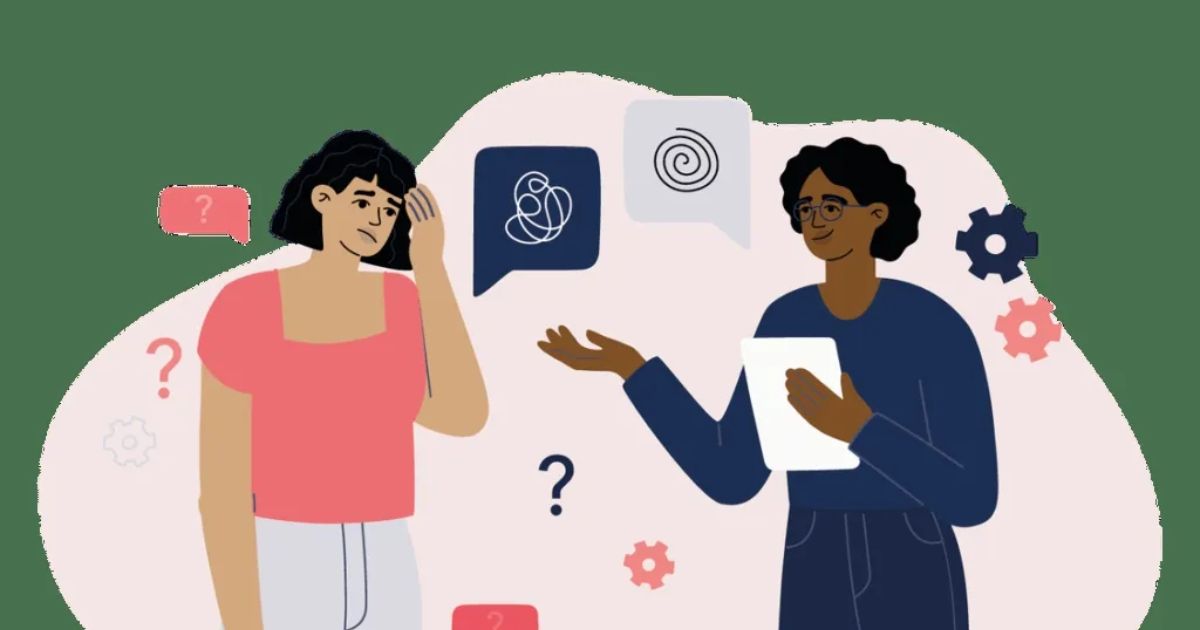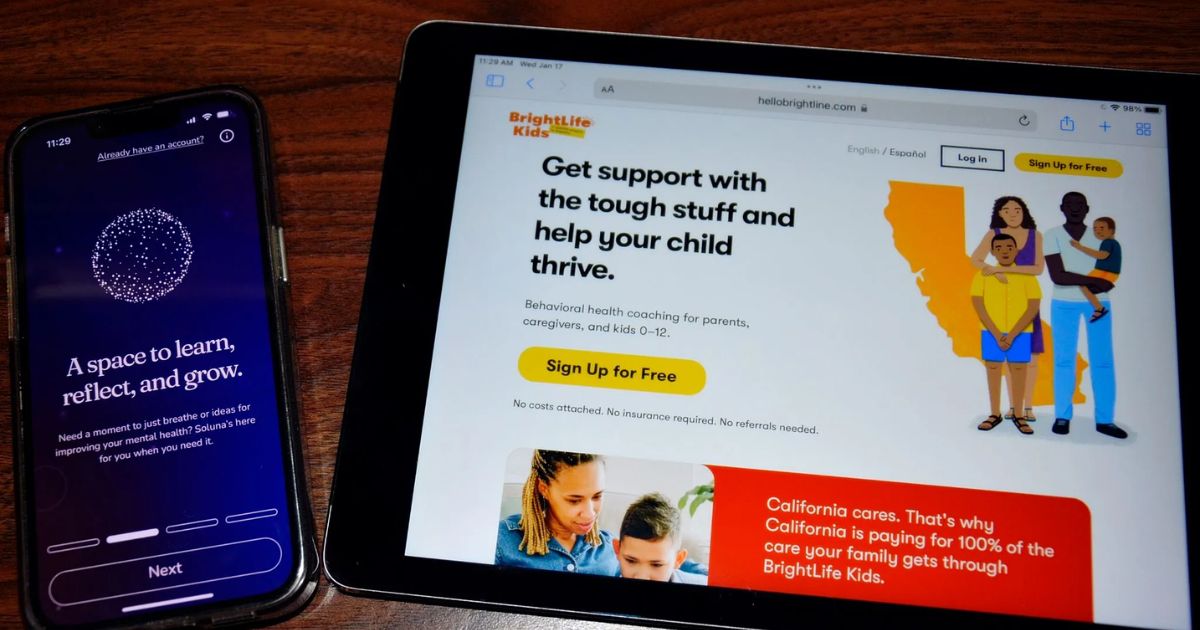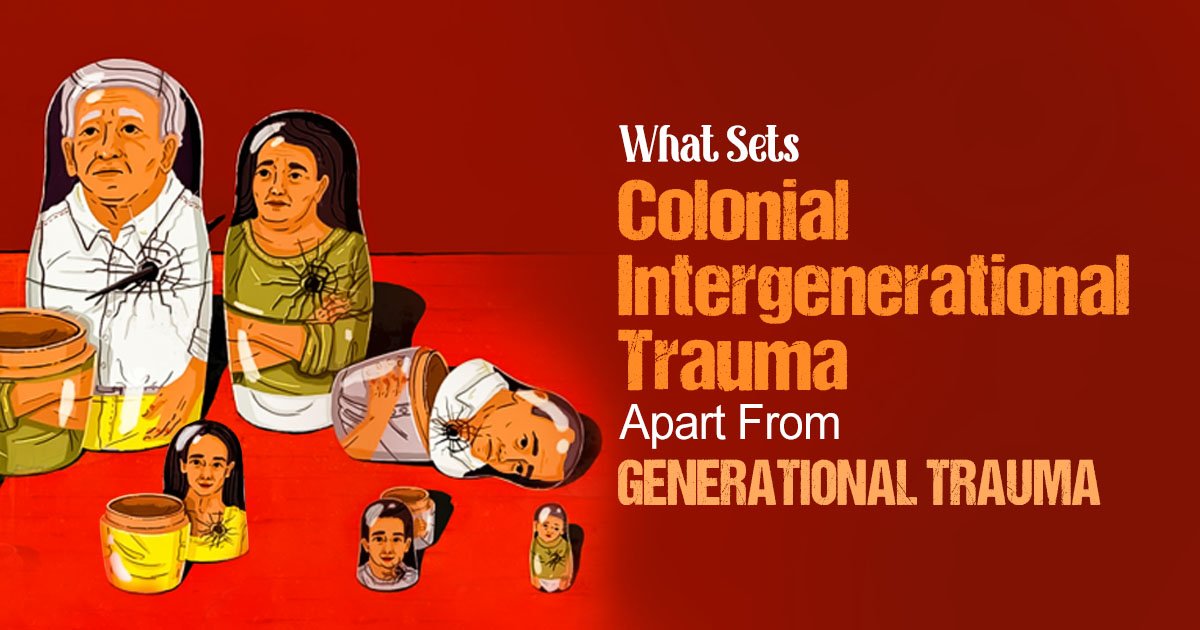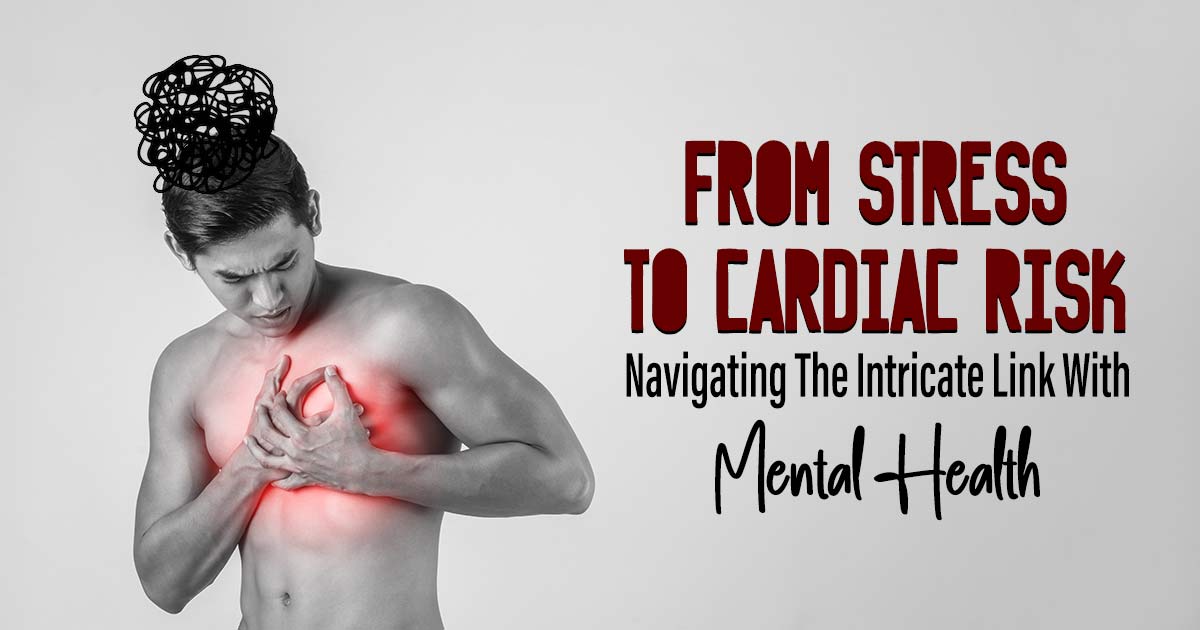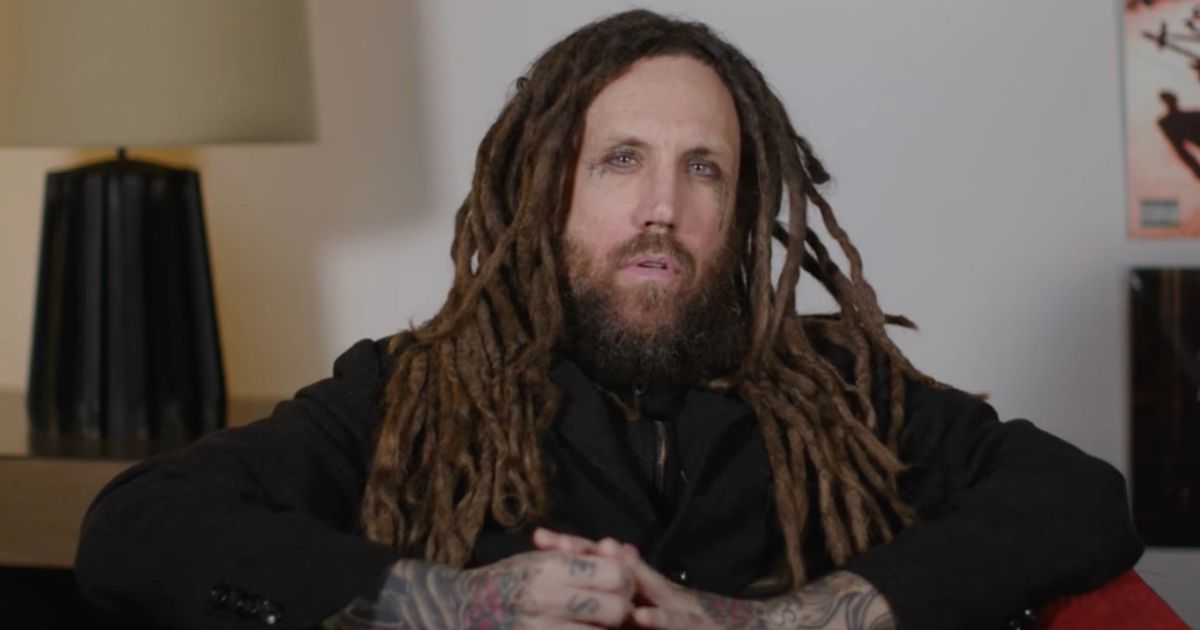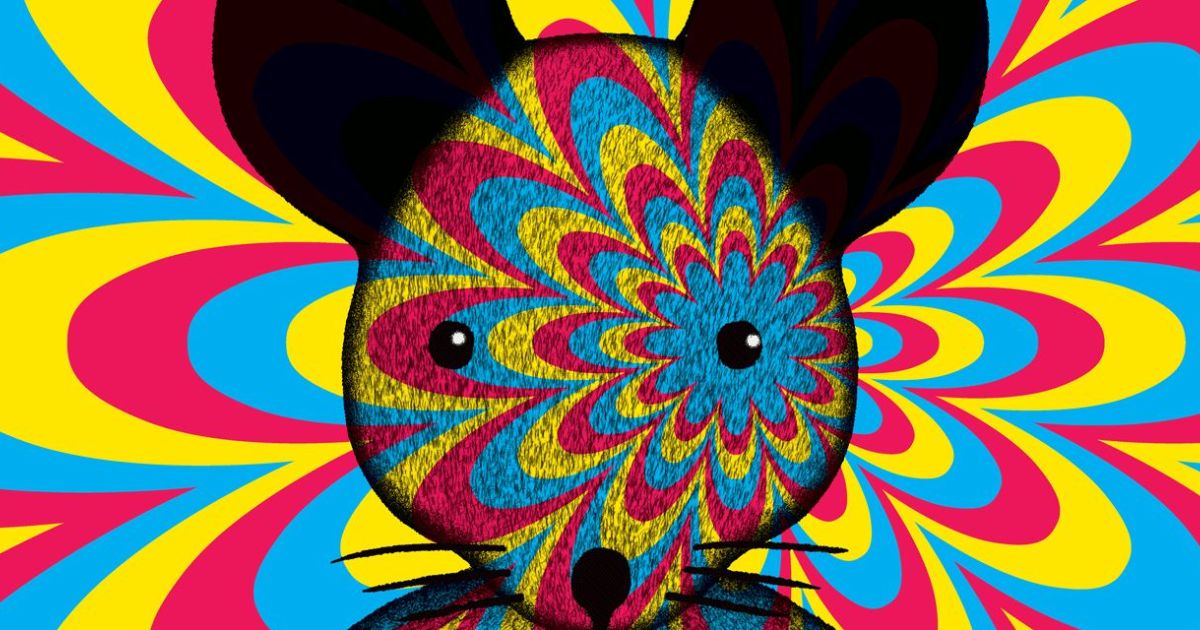World Mental Health Day, observed globally on October 10 every year, is dedicated to promoting mental well-being across the world. This year, the theme for World Mental Health Day 2023 is ‘Mental health is a universal human right.’
This theme underscores the critical need to ensure that everyone, regardless of age, socioeconomic status, or background, has access to high-quality mental health care and support.
World Mental Health Day For Better Mental Health Services
According to the World Health Organization, half of all mental health issues manifest before the age of 14, yet a significant portion of cases go unnoticed and untreated.
Adolescents and young adults are particularly vulnerable to these challenges, often facing difficulties in accessing adequate mental health care. If left unaddressed, these mental health issues can significantly impact their daily lives, career prospects, and future development.
Understanding the factors that can contribute to poor mental health in adolescents and young adults is crucial in promoting their well-being. Let’s explore some of these key factors:
Lack of Knowledge and Expression:
Adolescents and young adults often struggle to express their mental distress due to a lack of awareness and the stigma surrounding mental health issues.
It is imperative to provide resources such as in-house counseling on campuses, educational programs, and workshops to empower youth to openly discuss their mental health.
Competitive Pressure:
The pressure to excel in academics, sports, and other areas can be overwhelming for many teenagers and young adults.
Expectations from parents, teachers, and society, coupled with peer pressure and the influence of social media, can significantly impact their mental health, motivation, and self-esteem.
The Stigma:
The stigma surrounding mental health issues and the reluctance to seek help are universal challenges.
Overcoming this stigma is essential for individuals to comfortably express their concerns and seek assistance. Societal resources that support mental health awareness and care are vital in this regard.
Lack of Support:
Many parents or guardians may not take their adolescent or young adult children’s mental health problems seriously, often dismissing them as normal or temporary issues. This lack of acknowledgment can hinder the path to seeking help and recovery.
How to Improve Mental Health in Young Adults
The young population in India, like elsewhere in the world, requires additional care and support for their mental health. Here are some effective strategies to support and safeguard the mental health of adolescents and young adults:
Creating Awareness:
Mental health education should be promoted across all age groups to foster understanding and empathy. Raising awareness about mental health issues can help create a more supportive and inclusive society.
Creating a Safe Space:
It is crucial to establish environments that are safe, open, and encourage individuals to discuss their mental health without fear of judgment or stigma. Schools, colleges, and workplaces can play a significant role in this regard.
Accessible and Affordable Mental Health Treatments:
Ensuring that mental health treatments, including peer support, therapy, medication, and counseling, are accessible and affordable is vital. Government initiatives and healthcare systems should prioritize mental health services.
Fostering a Positive Environment:
Adolescents and young adults should be given opportunities to express themselves, make choices, pursue their passions, and achieve their goals. Additionally, they should receive guidance in managing stress and overcoming challenges in a healthy manner.
In conclusion, World Mental Health Day 2023 reminds us that mental health is a universal human right, and we must strive to ensure that mental well-being is accessible to all, regardless of age or background.
Prioritizing the mental health of adolescents and young adults is particularly crucial, as they face unique challenges in a rapidly changing world.
By addressing these challenges and implementing proactive measures, we can create a brighter and more mentally resilient future for the youth of our society.








